
Arnold of Altena, count of Altena, count of Isenberg and Hövel, Vogt of Werden (1166–1209) was a son of Eberhard IV of Berg. He inherited the north-western territorium of Altena, and became 1st count of Isenberg in 1200. He married Mathilde countess of Cleve daughter of Dietrich III, Count of Cleves and Adelaide of Sulzbach (+12.2.1189). Mathilde's brother was count Diederick IV of Cleve (+1193) who married in 1182 Mechteld (Margaret) of Holland.

Johannes Fried is a German historian, professor, and medievalist.

Florinus of Remüs, also known as Florin, Florian of Chur, Florinus of Matsch, and Florinus of Vinschgau, is venerated as a saint in the Catholic Church, particularly in the dioceses of Chur, Bolzano-Brixen, Vaduz, and in the Rhineland.
Hartmut Boockmann was a German historian, specializing in medieval history.
Oskar Höcker was a German author of historical novels for children and a stage actor.
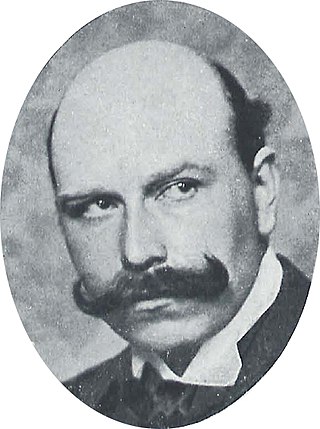
Arthur Kampf was a German painter. He was associated with the Düsseldorf school of painting.
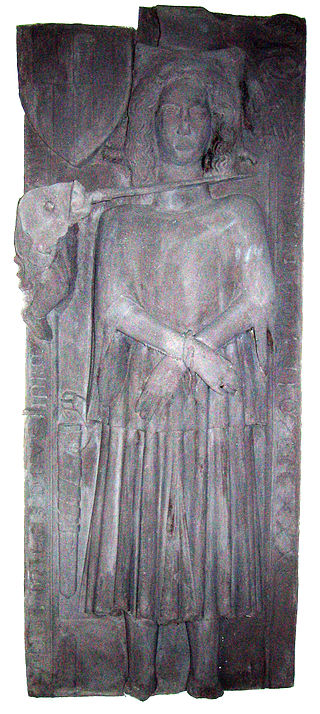
Arnold III von Uissigheim, also blessed Arnold und "König Armleder", (c.1298-1336) was a medieval German highwayman, bandit, and renegade knight of the Uissigheim family, of the village Uissigheim of the same name. He was the leader of the "Armleder" massacres against Jewish communities throughout the Alsace in 1336.

Kurt Flasch is a German philosopher, who works mainly as a historian of medieval thought and of late antiquity. Flasch was professor at the Ruhr University Bochum. He was / is a member of several German and international Academies. In 2000, he was awarded the Sigmund Freud Prize by the Deutsche Akademie für Sprache und Dichtung.
Ivan Strez Balšić or Gjon Balsha ; fl. 1444–1469) and his brothers George Strez and Gojko Balšić were the lords of Misia, a coastal area from the White Drin towards the Adriatic. The brothers were members of the Balšić family, which earlier held Zeta, but had now placed itself among the nobility in Albania. They participated in founding of the League of Lezhë, an alliance led by their maternal uncle Skanderbeg. Ivan and Gojko supported Skanderbeg until he died in 1468 and then continued to fight against Ottomans together with Venetian forces. After Skanderbeg's death Venice installed Ivan Strez Balšić as Skanderbeg's successor.

Michael Matheus is a German historian.
In legend and in the early historiography of Switzerland there is an account of a migration of a population of Swedes and Frisians settling in the Swiss Alps, specifically in Schwyz and in Hasli (Schwedensage).

Dr. Willy Cohn was a German historian and teacher. During the Nazi era, he documented the Jewish life in Breslau in his diaries, until he and his family were deported to German-occupied Lithuania and killed.
Friedrich Wilhelm Karl, Ritter von Hegel was a German historian and son of the philosopher Georg Wilhelm Friedrich Hegel. During his lifetime he was a well-known and well-reputed historian who received many awards and honours. He was one of the major urban historians during the second half of the 19th century.
Peter Herde is a German historian. His research activities range from fundamental work on papal diplomatics of the Middle Ages to the history of the country up to the Second World War.
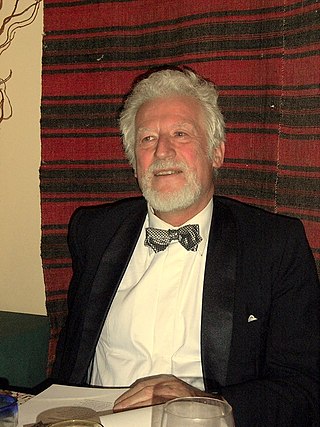
Helmut Birkhan is an Austrian philologist who is Professor Emeritus of Ancient German Language and Literature and the former Managing Director of the Institute for Germanic Studies at the University of Vienna.
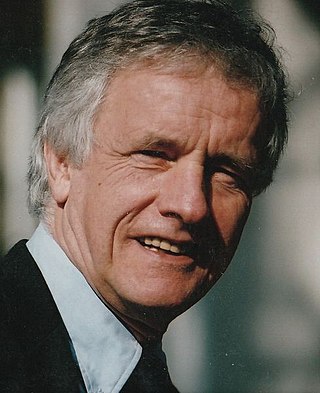
Gerd Althoff is a German historian of the Early and High Middle Ages. He presents himself as a researcher into the "political rules of the game" in the Middle Ages. He has held professorships at Münster, Gießen (1990–1995) and Bonn (1995–1997).

Dietrich Ritter Kralik von Meyrswalden was an Austrian philologist who specialized in Germanic studies.
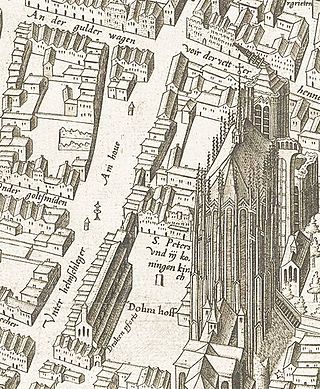
The Reifferscheider Hof or Linneper Hof was a manor of the Reifferscheid, Linnep, Sayn-Wittgenstein and Grafschaft Neuenahr families in erbvogteilichen Hacht district on the Domhof in Cologne, which was laid down in the 1740s. It was inhabited by members of the Cologne Cathedral Chapter and was a emphyteusis of the cathedral monastery. Today, the area is part of the grounds of the Romano-Germanic Museum.

The House von der Osten [ ˈoːstən ] is an ancient and distinguished aristocratic family from Pomerania that has been established in Pomerania since 1248, originally from Stift Bremen. The family's ancestral home is in Lower Saxony, near the Oste River. The family acquired numerous properties in Western and Eastern Pomerania, becoming one of the largest landowners in Pomerania. In 1854, the von der Ostens were one of the first ten families to hold the hereditary right of presentation to the Prussian House of Lords.

Stefan Weinfurter was a German historian who researched the history of the Early and High Middle Ages.














